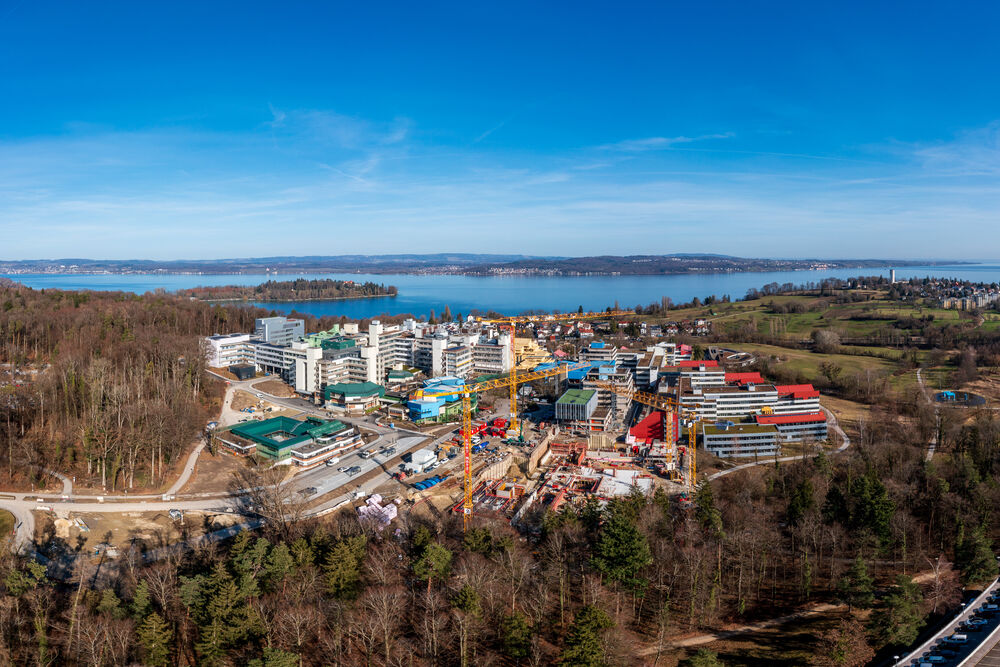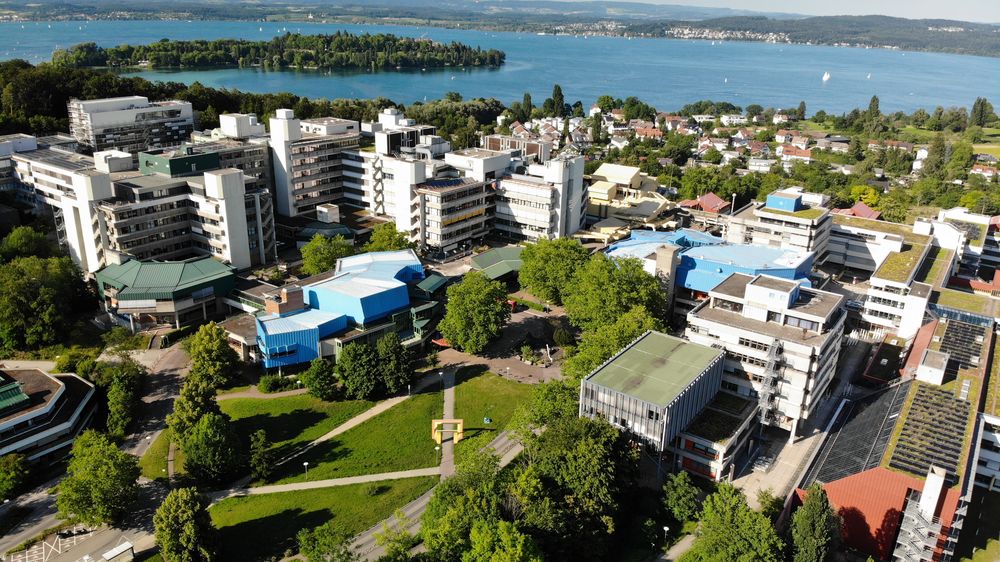
Which chemicals disrupt child development?
Information about whether industrial chemicals impede brain development is only available for a very small number of chemicals. A new procedure aims to fix this problem without using animal testing. At a conference organized by CAAT-Europe at the University of Konstanz, researchers as well as representatives from industry and regulatory authorities met with a delegation of the OECD to initiate new legislation.
Read more
![[Translate to Englisch:] Rückansicht von Demonstrierenden. Eine Frau hält ein Plakat hoch in dem eine gesunde und eine kranke Erddarstellung zu sehen sind, mit dem Text "you decide"](/fileadmin/_processed_/2/d/csm_Zwischen_Wissen_Fridays_for_Future_pixabay__by_dmncwndrlch-1_b7ec424a15.jpg)







